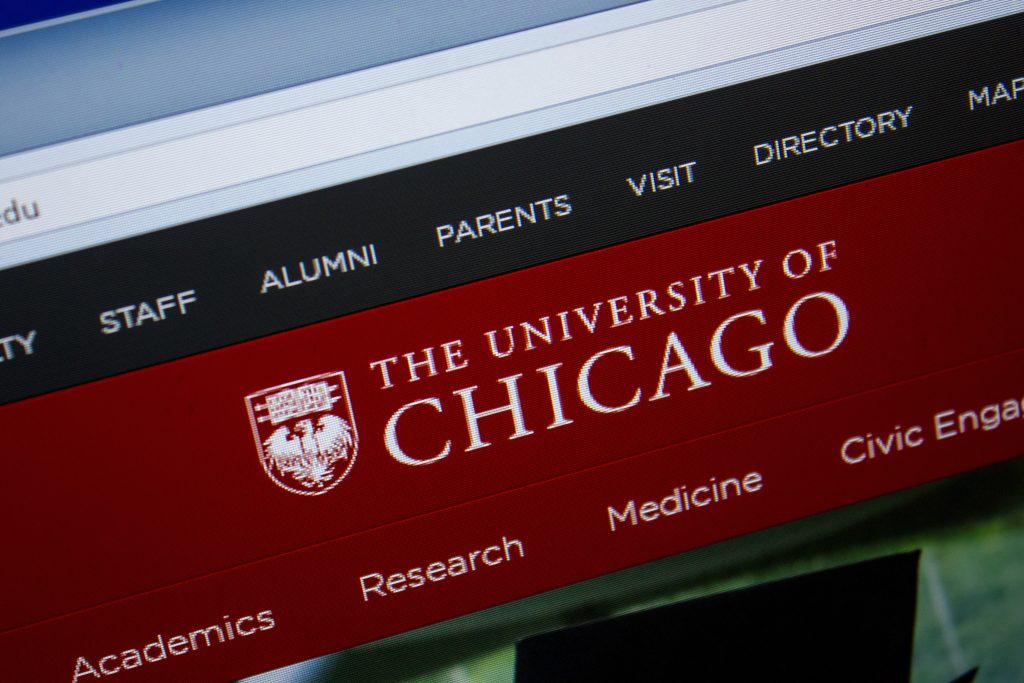The “Chicago Principles” and the Kalven Report from the University of Chicago have gained recognition for advocating viewpoint plurality and institutional neutrality, setting expectations for accommodating diverse perspectives. These principles, articulated in 2015, aim to foster an environment where free speech is protected and various opinions can be expressed without fear of suppression. They have served as a model for other institutions seeking to create similar frameworks, highlighting a commitment to academic freedom and intellectual diversity.
The Chicago Principles
The Chicago Principles have garnered attention for their rejection of concepts like “safe spaces” and “trigger warnings,” which are often invoked when students encounter challenging or opposing viewpoints. By promoting the idea that all perspectives should be heard and debated, the University of Chicago positions itself as a defender of free speech, a stance that has been both praised and critiqued. The principles aim to create a campus environment where intellectual rigor and open discourse are paramount, distinguishing UChicago from many of its peers.
Institutional Neutrality: The Kalven Report
The Kalven Report, produced by the University of Chicago, commits the institution to a principle of “institutional neutrality,” asserting that the university should not take collective positions on political and social issues. This stance is intended to ensure that the university remains a place for diverse viewpoints and does not become an advocate for particular political causes. The report underscores the university’s role in fostering an environment where ideas can be freely exchanged and debated.
The Reality Behind the Principles
Despite the high ideals articulated by the Chicago Principles and the Kalven Report, there is a significant disparity between these principles and the university’s actual practices. Critics argue that the University of Chicago, like many other institutions, has not fully lived up to its commitment to intellectual diversity and free speech. The university’s administrative actions and programs often align with specific political ideologies, raising questions about its true commitment to viewpoint plurality.
Political Influence and Bias
Several factors contribute to the perception that the University of Chicago’s commitment to neutrality and free speech is more rhetorical than practical. Key figures within the university’s administration have strong political affiliations, particularly with the Democratic Party. For instance, David Rubenstein, the head of the university’s Board of Trustees, is a significant political donor to the Democratic Party and has been involved in various progressive causes. Additionally, the university’s president is advised by a former chief of staff for Michelle Obama, and the institution has close ties to former Obama administration officials.
The university’s Institute of Politics, previously directed by David Axelrod, a former Obama aide, and the nearby Obama Foundation further highlight the university’s connections to progressive political figures. The influence of these individuals and organizations raises concerns about the university’s ability to maintain true neutrality and accommodate a broad range of perspectives.
Academic and Administrative Practices
In practice, the university’s commitment to free speech and intellectual diversity appears compromised. The hiring practices within key departments, such as the economics department and the Booth School of Business, reveal a tendency to favor individuals with specific political affiliations. This has led to a perceived lack of true heterodoxy within the faculty and administrative ranks.
Speakers and events hosted by the university often reflect a particular political bias, with conservative viewpoints being marginalized. This trend is evident in the types of speakers invited to the law school and the treatment of conservative student groups on campus. The consolidation of political ideologies within the university’s administration and faculty undermines the principles of viewpoint plurality and free speech that the Chicago Principles aim to uphold.
The Need for Genuine Reform
The discrepancy between the University of Chicago’s stated principles and its actual practices highlights the challenges faced by higher education institutions in fostering true intellectual diversity. The Chicago Principles, while a step in the right direction, require genuine commitment and implementation to be effective. This involves ensuring that hiring practices, administrative decisions, and academic programs reflect a commitment to diverse viewpoints.
For the principles to have real impact, universities must move beyond mere declarations and actively create environments where all perspectives can be freely expressed and debated. This requires addressing the structural biases and political influences that undermine the ideals of free speech and intellectual diversity.
Conclusion
The Chicago Principles and the Kalven Report represent important efforts to promote free speech and institutional neutrality within higher education. However, the University of Chicago’s practices reveal significant challenges in realizing these ideals. True commitment to intellectual diversity and free speech requires more than rhetorical declarations; it demands structural reforms and a genuine willingness to accommodate a broad range of perspectives. Only then can universities fulfill their role as bastions of open inquiry and intellectual rigor.










